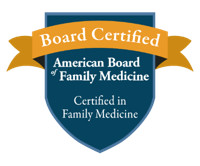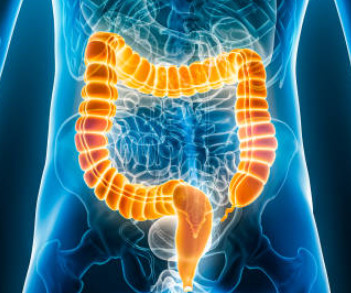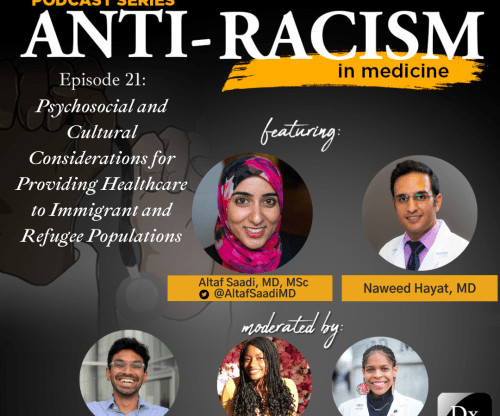Position Statement on Measurement Based Care
Integrated Care News by CFHA
MAY 19, 2025
MBC supports optimal clinical practice, demonstrates the value of integrated care teams, and improves outcomes. As a clinical process, MBC is distinct from other important healthcare concepts, such as behavioral health screening, diagnostic clarification, or program evaluation. (3, 3, 4) Why is MBC important? 3, 5, 6) b.












Let's personalize your content